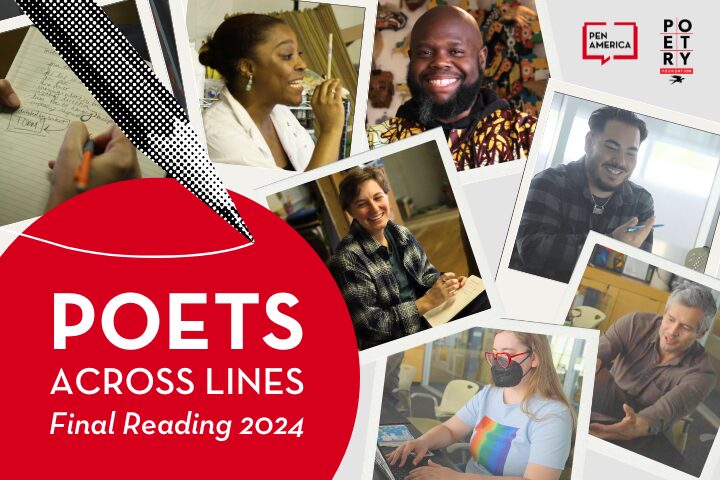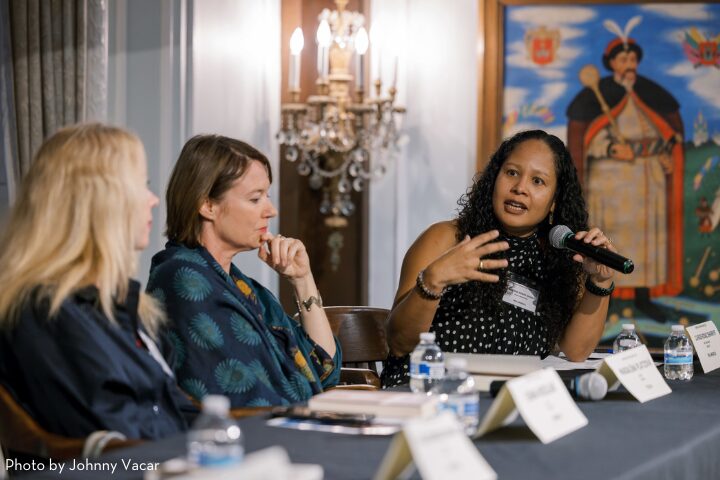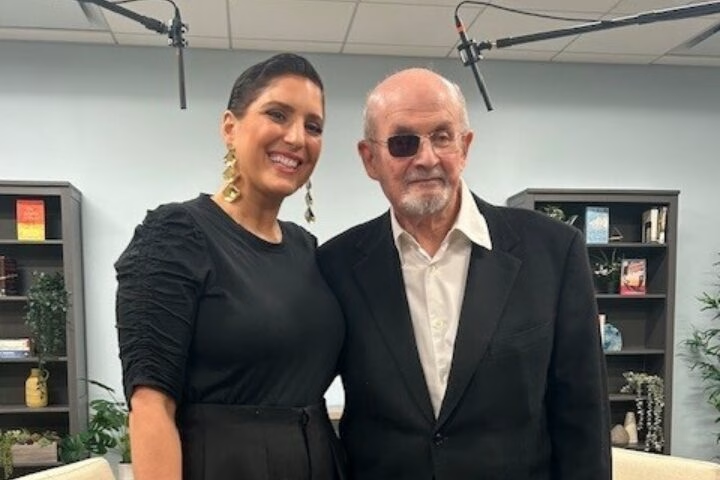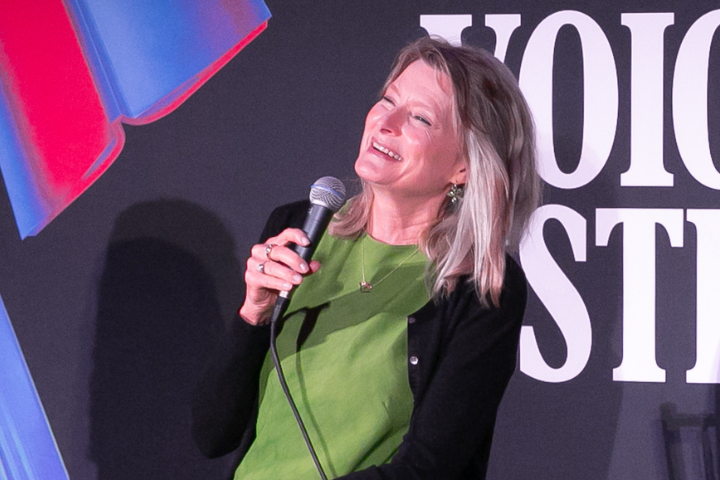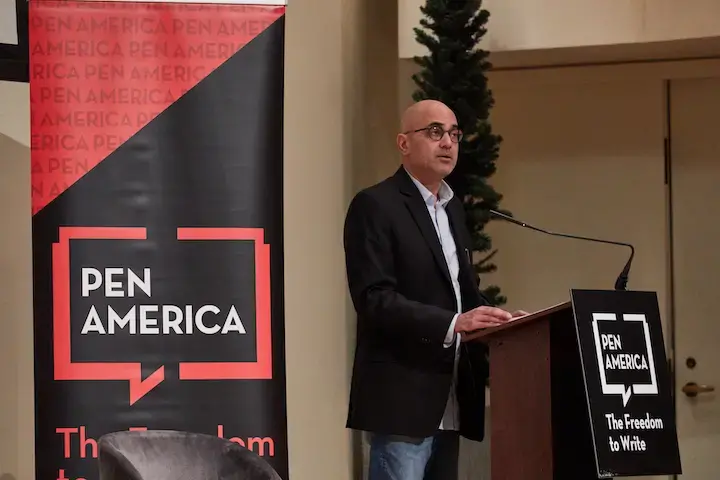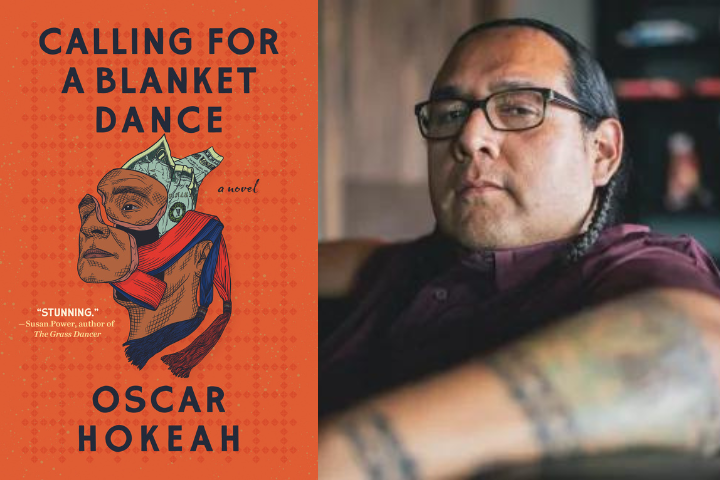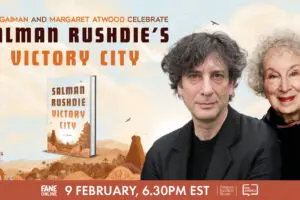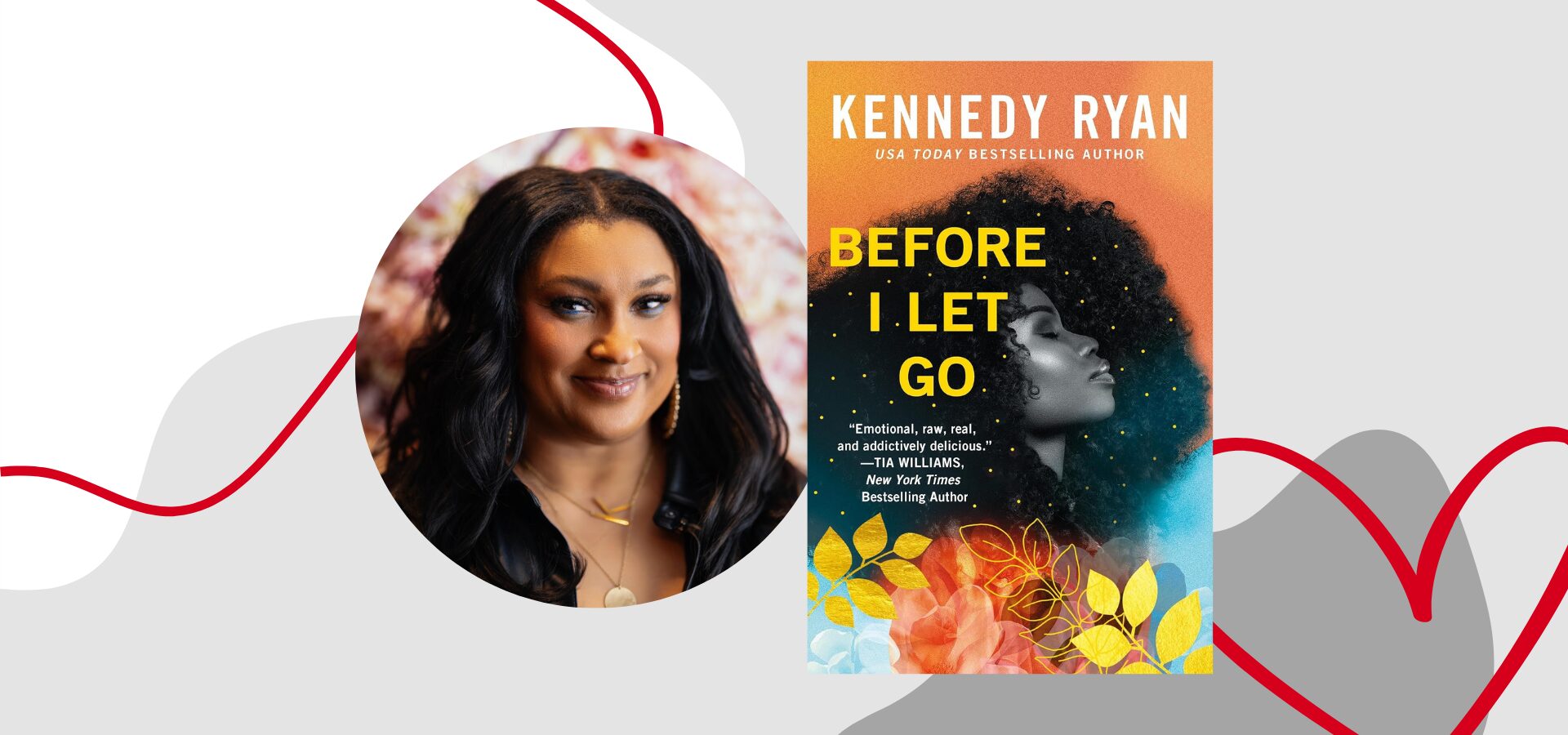
Kennedy Ryan wears many hats–she is a writer, a journalist, and an activist. And in her award-winning career as a romance author, all her interests converge. Rooted in realism and authenticity, Ryan’s protagonists not only fight for their happily ever afters, but also fight social injustice, domestic abuse, and their own past traumas. And in writing their important quests, Ryan finds space to explore difficult topics and offer healing.
But not all students in public schools across America have access to read such nuanced romances. PEN America’s recent reports found that romance novels are increasingly censored for including sexual content. Popular romance fiction can be a great resource for teenagers to learn about love and desire, and spark productive, and often pivotal, conversations about boundaries and consent. With Shelf Love, an interview series with romance authors, PEN America, in collaboration with Authors Against Book Bans, is celebrating the love for writing and reading about love.
For the fourth installment in the series, coinciding with Women’s History Month, we talked to Ryan, author of Reel, This Could Be Us, and Hoops trilogy, about the importance of romance novels, the agency and joy it brings women, and how to break into a literary landscape long gate-kept by men.
What was the first romance novel you ever read? What is the last romance novel you read?
The Wolf and the Dove by Kathleen Woodiwiss, and A Tropical Rebel Gets the Duke by Adriana Herrera.
Why do you write romance novels?
I write them because I love reading them, and I want to be part of the rich tradition of sharing stories that guarantee joy and agency for women especially. In addition, for me, romance is so accessible and digestible that it is the safest genre landscape to explore difficult topics and lived experiences because you can have honest, healing exploration with an assured happily ever after.
Who do you write them for?
I hope many people can enjoy my books, but I’m very intentional about writing from the margins to the center. Meaning, I like to center identities, communities, and experiences that are often relegated to the edges. Black, brown, queer, disabled, neurodivergent, chronically ill—all have too often been sidelined and sidekicked. Those communities and experiences merit main character posture, too. They deserve joy and pleasure and dignity. And I give it to them! Romance can be resistance. Black romance is resistance, because our joy and the very fullness of our humanity has been something we have had to fight for since we reached the shores of this country. We have always, even in the midst of structural racism and state-sanctioned violence, loved. We’ve always found a way to love and to innovate and to create and to rise. And depicting us on page doing all of that is revolutionary, no matter what form it takes.
Why do you think romance matters in particular?
It matters differently for everyone, I think. For me, there is a pretty straight line that runs from my convictions to my creative life. In addition to readers seeing women empowered, in charge of their pleasure and given agency, I see romance as a Trojan horse to smuggle in discourse about the things that matter to me in the real world. Art has tremendous capacity for disruption, and a genre as widely consumed as romance is potentially a powerful voice that will carry. One of my favorite quotes is from Nina Simone, “An artist’s duty is to reflect the times.” Now more than ever, getting folks to think about the world around us, to interrogate belief systems, even as they swoon and feel and laugh in our books, is vital.
How has it felt to see your work translated into film?
A few of my books have been optioned for TV and are in various stages of development, but none of them have actually hit the screen yet! It is thrilling to even be in this process for stories that truly matter to me, and I know how the representation they will bring to broader culture will matter especially to marginalized viewers.
Why is it important for books to tackle sex and sexual desire?
We still live in a culture that stigmatizes women’s pleasure, even as it indulges men’s—legally, societally, and in every structure rooted in patriarchy. Taking the reins of our pleasure, expressing healthy desire with consent is more important than ever. Our right to determine what happens to our bodies, what we do with them, is being challenged on every front. Some may denigrate romance because it can involve open-door sex, but our first rights are bodily autonomy. We first inhabit ourselves and showing a woman in charge of her body, including her pleasure, is essential for all.
Why do you think the romance genre has seen such a resurgence in pop culture?
This planet has been hard to live on for a long time. Especially when we were all in a global pandemic, we needed something that offered an escape. That assured joy when everything around us felt so uncertain. The stakes were literally life and death, and all of humankind was losing and grieving and fearing at once. Many reached for books and A LOT relied on romance, which, in concert with the algorithmic virality of spaces like Tik Tok, created an unprecedented wave of people consuming books voraciously. Even though we are no longer in a pandemic, the problems we are facing remain existential. Romance in many cases allows readers to escape, even if only for a few hours between those pages. And in a climate that feels like everything is degrading and despondent, romance reminds us to hope and to love and to persist first with our hearts.
What value does romance bring to literature writ large?
When I tell people some of the best writers I know write romance, they sometimes don’t believe me. Well-written romance undertakes the tasks of developing at least two main character arcs, with all the motivations and goals and to make them both fully dimensional, while also creating a narrative where they fall in love, but still need to navigate the thing that keeps them apart at a pace the reader believes. Just like in any other genre, when it is done well it becomes something to be modeled and studied by those who love and need craft. But romance also adds a primarily woman-shaped lens to a literary landscape that has been traditionally dominated and gatekept by white men. Everything benefits from diversity of perspective, and romance allows for that more than just about every other genre. Romance has led the boom that is currently flushing publishing with more cash and sales than it may have ever seen. Look at the lists and you will see women and romance dominating them every week.
What is the most valuable lesson you have learned from your readers?
The value of feeling seen. Like anyone else, I want to sell books and make lists and all the things authors generally have on their vision boards, but I’ve changed my metric for success to prioritize impact. When I write a book, I have a person, an identity, an experience in mind, often readers who have not seen themselves enough at the center of the stories they enjoy most. Hearing from readers that they felt resonance and were impacted in a lasting way is the most rewarding part of this job. I always say I don’t want to just release a book, but I want to deploy it. To send it on a mission. When readers say they feel seen, it’s mission accomplished.
What has been the most rewarding part of being a romance writer?
See above! LOL! And the joy of connecting with people. I love going on tour and seeing as many people as I can. They refresh me and remind me why I write books even though it is often so hard!
New York Times and USA Today bestselling author Kennedy Ryan writes for women from all walks of life, empowering them and placing them firmly at the center of each story and in charge of their own destinies. Kennedy and her writings have been featured in NPR, Entertainment Weekly, USA Today, Glamour, Cosmo, Ebony, TIME, and many others. Her Skyland series is currently in development for television at Peacock and she serves as an executive producer. The co-founder of LiFT 4 Autism, an annual charitable book auction, Kennedy has a passion for raising Autism awareness. “One of the finest romance writers of this age,” according to EW, she is a wife to her “lifetime lover,” and mother to an extraordinary son.

